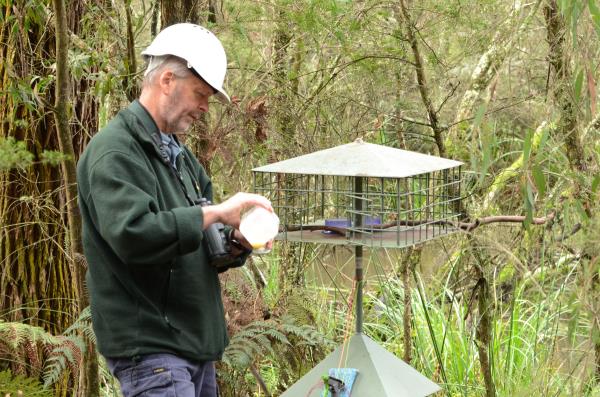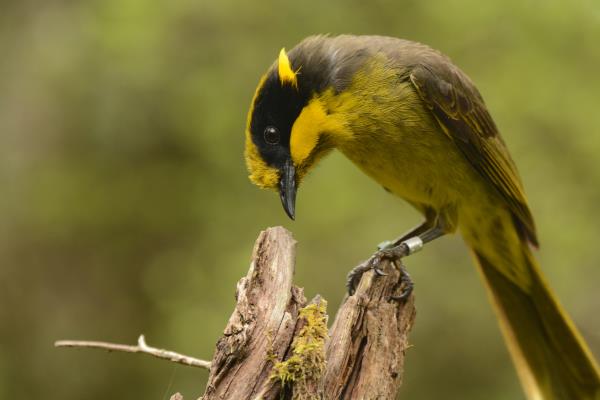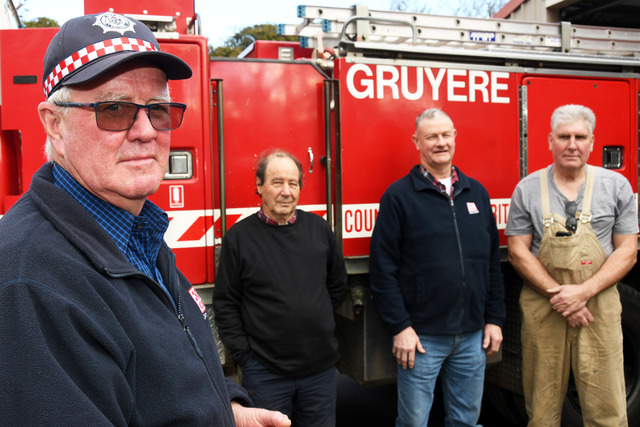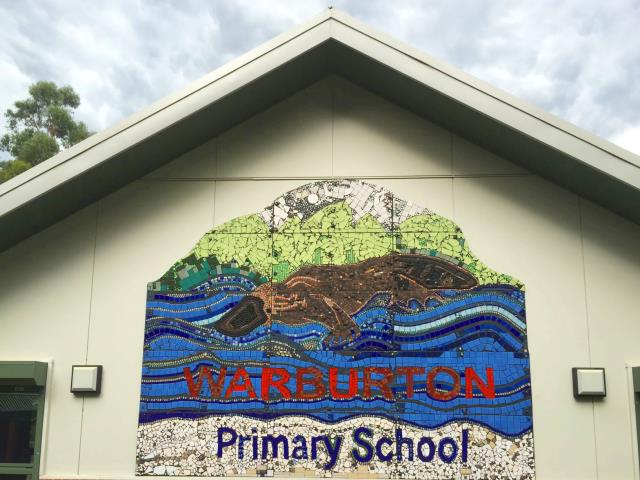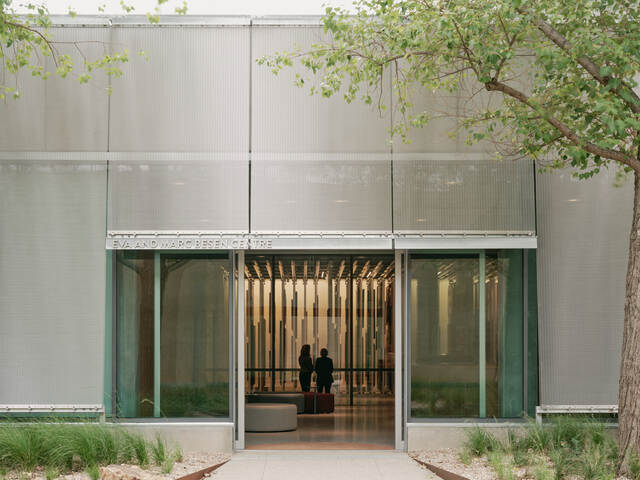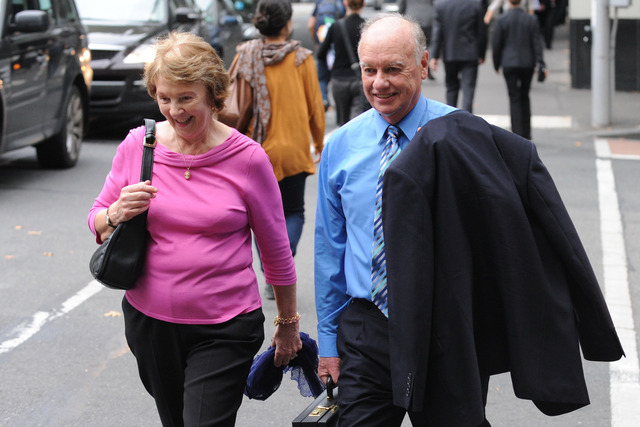By REBECCA BILLS
THERE are around 100 left in the wild, and Friends of the Helmeted Honeyeaters is opening the gates to share their work with locals.
Yellingbo Conservation Reserve is home to the only wild population of the helmeted honeyeaters worldwide and is usually not open to the public.
The Helmeted Honeyeater Recovery Program, Friends of the Helmeted Honeyeater, Zoos Victoria and BirdLife Australia’s Threatened Bird Network are holding a workshop next month where locals can learn more about the critically endangered helmeted honeyeater and the conservation reserve.
Friends of the Helmeted Honeyeaters volunteer and member of the recovery team Sue Tardif said there were a lot of agencies and local volunteers involved in trying to keep this area as pristine as possible to ensure the survival of the special bird.
“This workshop is a chance for locals and others interested the opportunity to come, ask questions and learn about what the Department of Environment and Primary Industries alongside all the other groups involved do here,” she said.
Ms Tardif said there were less than 100 helmeted honeyeaters left in the wild and to support their breeding a supplementary feeding program had been established at the Yellingbo Conservation Reserve.
“Here at the reserve not all of the habitat is good enough to support the population of birds, so what the supplementary feeding program does is (it) ensures that the population of birds can be as healthy as possible and increase breeding success,” she said.
“Last year was one of the biggest breeding years since it started being monitored with numbers increasing substantially.”
The ‘what goes on beyond the locked reserve gate?’ workshop is on Wednesday 20 August at 1217 Macclesfield Road, Yellingbo, from 10am to 3pm and includes dedicated planting time for the helmeted honeyeaters habitat.
As there are limited places, so for more information or to RSVP, email Meg Cullen from BirdLife Australia at meghan.cullen@birdlife.org.au.

